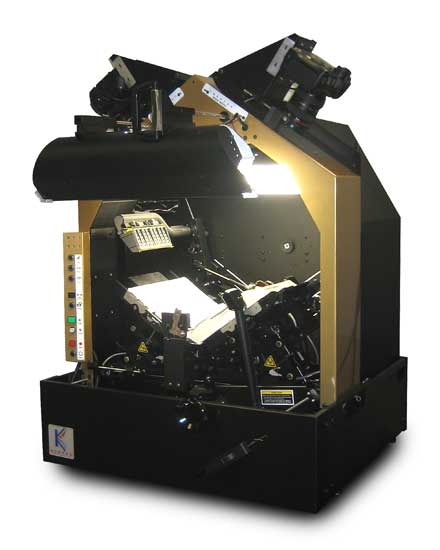Google scanning gets legal stamp
 A court ruling has allowed Google to continue digitising books and soon offer-up millions of scanned texts for online viewing.
A court ruling has allowed Google to continue digitising books and soon offer-up millions of scanned texts for online viewing.
Google first started scanning books in 2004, collaborating with a number of big research libraries. It has digitally pored over about 20 million works in the last nine years providing, as the recent court ruling said, “significant public benefits … as an essential research tool.”
The case was brought about the The Authors Guild Inc, which argued that including scanned texts in search results regardless of copyright would deprive authors of potential income.
The 30-page ruling by US District Court Judge Denny Chin said it was a case of fair use, because “it was highly transformative and did not harm the market for the original work.”
The ruling also noted the contribution that Google’s book-scanning efforts have made to literary access for the blind and the physical preservation of old books from wear and decay.
Google’s book search results are allowed to display a ‘snippet’ of a book, while linking to libraries and publishers who can provide the full text under existing copyright guidelines or payment provisions.
Of the millions of works already scanned, the company says 93 per cent are non-fiction – including biographies, reference works, textbooks, instruction manuals, treatises, dictionaries, cookbooks and memoirs - a majority are also out-of-print.








 Print
Print